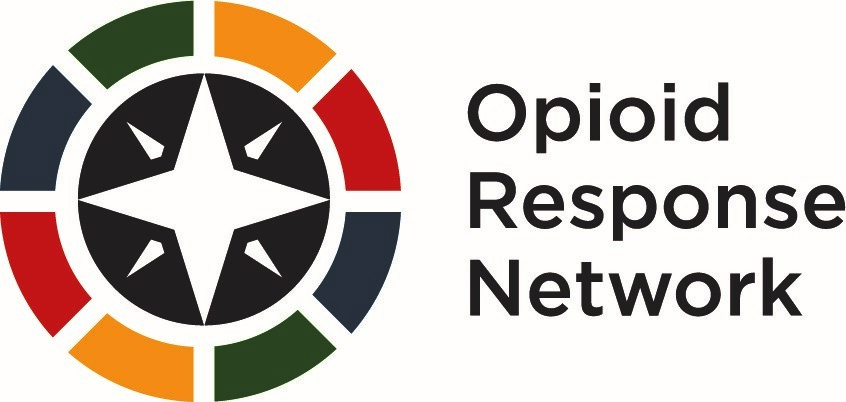Effective Treatments for Opioid Use Disorders (APRN) - 2023
-
Register
- Non-member - Free!
- Regular Member - Free!
- Retired Member - Free!
- Affiliate Member - Free!
- Student Member - Free!
- Military Member - Free!
- International Member - Free!
Effective Treatments for Opioid Use Disorders (APRN) - 2023
Internet Explorer does not cooperate well with this platform. Please see below for options that work with APNA eLearning Center programs.*
Description: This course consists of three separate modules. In this course you will learn about the epidemiology surrounding the use of opioids in the United States. The APNA Scope and Standards of Practice (3rd edition) for the psychiatric-mental health nurse will be the foundation for assessing the patient at risk for opioid use disorders. Some of the risk factors associated with an opioid use disorder diagnosis will be presented. Various treatment options will be discussed, along with strategies nurses can employ to help patients to select the appropriate individualized treatment plan combining psychosocial and medication interventions that meet their goals focusing on methadone, buprenorphine, and naltrexone. Considerations for treating special populations with opioid use disorder, including pregnant women and persons with comorbid HIV/AIDS and/or HCV, are also discussed.
Presenter: Laura G. Leahy, DrNP, APRN, PMH-CNS/FNP-BC, CARN-AP, FAANP, FAAN
Contributing Faculty: Carolyn Baird, DNP, MBA, RN-BC, CARN-AP, CCDPD, FIAAN; Susan Caverly, PhD, APRN, RN-BC, PLLC; Mary Kastner, PMHCNS, PMHNP-BC; Matthew Tierney, MSN, PMHNP-BC, FANP-BC, FAAN
Disclosures: The APNA planners and faculty have no relevant financial relationships to disclose. Off-label uses will be discussed during this presentation.
Session Length: 3 hours 30 minutes
Target Audience: APRN
Course Outcomes:
Upon completion of this presentation, the participant will be able to:
- 65% of learners will report being able to describe two evidence based pharmacologic treatment strategies for persons with an opioid use disorder diagnosis.
Module Objectives:
Upon completion of this module, the participant will be able to:
Module 1
- Identify key morbidity and mortality statistics related to opioid use.
- Identify psychotherapeutic treatment options for patients with an opioid use disorder diagnosis.
Module 2
- Identify pharmacologic and psychotherapeutic treatment options for individuals with an opioid use disorder diagnosis.
Module 3
- Identify unique considerations when choosing treatment options for specific population groups with an opioid use disorder diagnosis.
Keywords: Opioid Use Disorder, Opioids, Addiction
Price: Free
Nursing Continuing Professional Development:
3.5 contact hours (2.0 of which are in pharmacology). * In order to receive contact hours, you must: Complete all the module components and all required online components. You will have 5 tries to correctly answer the questions on each of the three module post-tests and a score of 80% is required to pass. Once you have completed all the three module posttests, overall course evaluation and honor statement, your nursing continuing professional development contact hours certificate will be generated online and available for immediate printing. Credit cannot be earned unless all components of each module are completed. No partial module credit can be awarded.
The American Psychiatric Nurses Association is accredited as a provider of nursing continuing professional development by the American Nurses Credentialing Center's Commission on Accreditation.
Grant Statement: Funding for this initiative was made possible (in part) by grant no. 1H79TI0855888-01 from SAMHSA. The views expressed in written conference materials or publications and by speakers and moderators do not necessarily reflect the official policies of the Department of Health and Human Services; nor does mention of trade names, commercial practices, or organizations imply endorsement by the U.S. Government.

Release Date: June 30, 2023
Access to this course will end: June 30, 2026
*For an uninterrupted learning experience, please download and use Google Chrome, Mozilla Firefox, Microsoft Edge, Safari, etc. If you continue to experience issues, you may need to update your browser.
*Depending on your browser settings, handouts for this course may automatically download.



 are registered in the U.S. Patent and Trademark Office as trademarks of the American Psychiatric Nurses Association.
are registered in the U.S. Patent and Trademark Office as trademarks of the American Psychiatric Nurses Association.